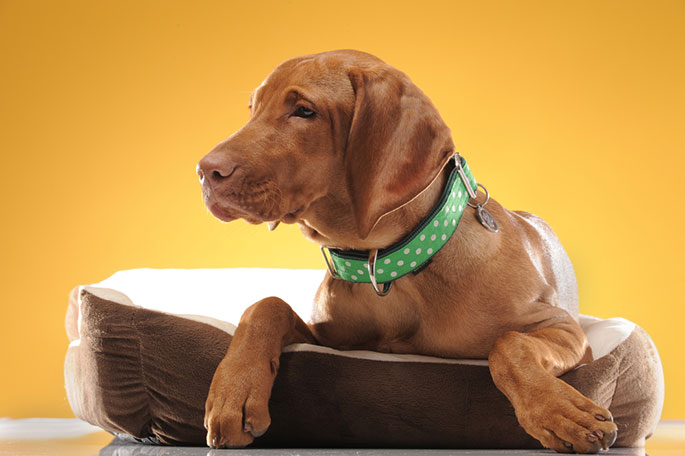
Choosing the right collar for your dog is more than just a fashion statement; it’s a crucial part of their safety and comfort. A properly fitted collar can prevent accidents, ensure your dog’s identification is always with them, and make walks more enjoyable for both of you. Here’s a comprehensive guide to help you choose the perfect collar size for your furry friend.
Understanding the Importance of a Well-Fitted Collar
A collar that’s too tight can cause discomfort, breathing issues, and even injury, while a collar that’s too loose might slip off, posing a risk if your dog decides to bolt. The right fit ensures that your dog is safe, comfortable, and easily identifiable.
Measuring Your Dog’s Neck
- Gather Your Tools: You’ll need a soft measuring tape or a piece of string and a ruler.
- Find the Right Spot: Measure around the base of your dog’s neck where the collar will sit. This is usually just below the ears and above the shoulders.
- Measure Twice: Wrap the tape measure around the neck, allowing enough room for two fingers to fit between the tape and your dog’s neck. This ensures the collar is snug but not too tight.
- Record the Measurement: Note the exact measurement. If you’re using a string, measure it against a ruler to get the size.
Sizing Guide: Small, Medium, Large
Collar sizes generally fall into three categories: small, medium, and large. Here’s a quick guide to help you determine which size might be right for your dog:
- Small Dogs: For breeds like Chihuahuas, Dachshunds, and Yorkies, neck sizes typically range from 8 to 14 inches.
- Medium Dogs: Breeds such as Beagles, Cocker Spaniels, and Bulldogs usually have neck sizes between 14 and 20 inches.
- Large Dogs: Larger breeds like Labradors, Golden Retrievers, and German Shepherds often have neck sizes ranging from 18 to 26 inches.
Types of Collars and Their Uses
- Flat Collars: The most common type, ideal for everyday use. Ensure it has a sturdy buckle and a D-ring for attaching ID tags and a leash.
- Martingale Collars: Great for dogs with narrower heads, like Greyhounds. These provide more control without choking.
- Harnesses: While not a collar, a harness can be a better option for dogs that pull or have respiratory issues. It distributes pressure more evenly across the body.
Trying On the Collar
Once you have the collar, try it on your dog:
- Adjust the Fit: Place the collar around your dog’s neck and adjust it so you can comfortably slide two fingers between the collar and the neck.
- Check for Comfort: Ensure there’s no pinching or chafing. Observe your dog’s reaction. They should be able to move their head and neck freely.
- Test Security: Make sure the collar is secure enough that it won’t slip over the dog’s head but not so tight that it causes discomfort.
Regular Checks and Adjustments
Dogs grow and change over time, so it’s essential to regularly check the fit of their collar. Puppies will need more frequent adjustments as they grow. Also, monitor for wear and tear. A damaged collar should be replaced immediately to ensure your dog’s safety.
Conclusion
Choosing the perfect collar size for your dog involves careful measurement, selecting the right type of collar, and regular fit checks. A well-fitted collar ensures your dog is comfortable, safe, and stylish. Remember, the right collar is an essential part of responsible pet ownership, contributing to your dog’s overall well-being and happiness.
By following these steps, you can confidently choose a collar that fits perfectly and complements your dog’s lifestyle. Happy collar shopping!




